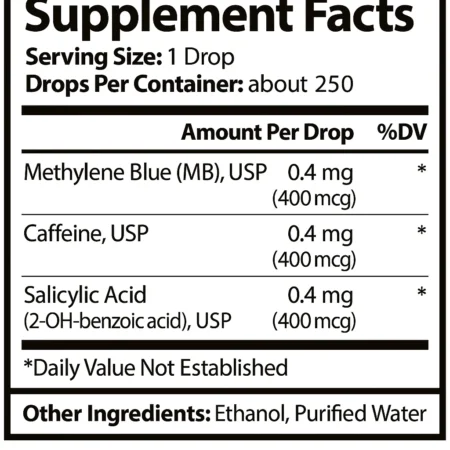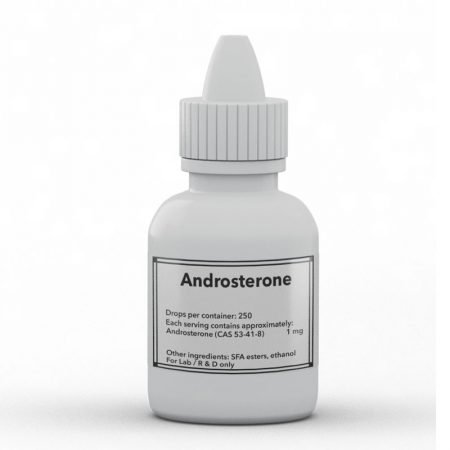Още едно изследване, което разкрива ключовата роля на ендотоксин в патологията на вероятно най-широко разпространената хронична болест в днешно време – диабетът. Изследването по-долу открива, че пролиферацията на бета-клетките, произвеждащи инсулин в панкреаса, е почти напълно контролирана от семейството рецептори TLR4/TLR2. Активирането на тези рецептори води до бърза смърт на бета-клетките и, обратно, изтриването на рецепторите TLR4/TLR2 води до бързо възстановяване на бета-клетките, дори при продължително хранене на високомазнинна (PUFA) диета!
Самото изследване има екстремен подход, създавайки мишки с напълно липсващи рецептори TLR4/TLR2. Въпреки това, самото изследване доказва, че блокирането на TLR4/TLR2 вероятно е достатъчно, за да се наблюдава същият ефект. С оглед на патогенната роля на повишените FFA при диабета, комбинация от ниацинамид (или аспирин или витамин Е) и блокер на ендотоксин, като например налтрексон, ципрохептадин, Бенадрил, прогестерон и др., може да бъде ефективно лечение и за ДВАТА ВИДА диабет (I и II). Вече има доказателства, че ниацинамид сам по себе си може да обърне (на ранни стадии) диабет I при деца, което потвърждава резултатите от това изследване. Така че, толкова за необратимия инсулинозависим диабет…
Безумно е, че въпреки откриването на ролята на ендотоксин в патологията на диабета, авторите правят заключението, че „нещо“ в храненето с високомазнинна храна, предизвиква диабет, но точната причина е „неизвестна“. Сигурно се шегуват! Ами агентът, известен с активацията на TLR4/TLR2? Ендотоксин (LPS), някой? Ами добре известната връзка между високомазнинната диета и ендотоксин? Ами известната връзка между високомазнинната диета и по-силното съдово възпаление поради превръщането на PUFA в простагландини, левкотриени и др.? Или чудовищна глупост, или открита корупция са окупирали медицинската професия, за да бъде сляпа за такива очевидности.
https://pubmed.ncbi.nlm.nih.gov/26130764
https://www.medicalnewstoday.com/articles/278289
“…Western-type diets that are laden with carbohydrates and fats put extra demand on the body’s pancreatic islets to produce enough insulin to control blood sugar levels. If this demand can’t be met, then diabetes can result. Research by a University of Michigan-headed team of scientists has now suggested that it may be possible to trigger increased production of insulin. Their studies in mice showed that switching off two toll-like receptors (TLRs) effectively takes the brakes of islet cell expansion in the pancreas, and allows pancreatic islets to ramp up production of insulin-producing β cells, but only in response to a high-fat diet (HFD).
“…The researchers say the discovery that TLR2, TLR4, and HFD play a combined role in regulating β cell production could lead to new approaches for treating diabetes and obesity. “These data reveal a regulatory mechanism controlling the proliferation of β cells in diet-induced obesity and suggest that selective targeting of the TLR2/TLR4 pathways may reverse β cell failure in patients with diabetes,” they concluded in their published paper in Nature Immunology, which is titled, “Toll-like receptors TLR2 and TLR4 block the replication of pancreatic β cells in diet-induced obesity.”
“…The researchers made the discovery on the back of experiments that were originally designed to investigate the role of the immune system, and TLR2 and TLR4, in the development of adipose tissue inflammation in obese mice. The team’s subsequent studies in the TLR2- and TLR4-deficient mice found that loss of both of the proteins effectively removed a block on β cell proliferation in animals fed a high-fat diet. Encouragingly, β cell function was maintained and blood sugar controlled in the HFD-fed mice that lacked TLR2 and TLR4.”
“…Qi and his team are now working to identify the role that a high-fat diet plays in islet expansion in the context of TLR2 and TLR4. “Something associated with high-fat-induced obesity plays a key role in this process, but we don’t yet know what,” he said. Qi also suggested that the discovery that negative factors can block β cell expansion indicates that approaches to boosting β cell numbers that focus solely on amplifying positive factors may not be effective.”
“…Both the proteins had to be disabled to unlock diet-related β cell proliferation. If either TLR2 or TLR4 was present the islets didn’t expand or generate additional β cells “… activation of either TLR2 or TLR4 was sufficient to suppress β cell proliferation in mice,” the scientists wrote. Further experiments ruled out a potential role for any factors circulating in the blood in allowing islet expansion, and suggested that “TLR2 and TLR4 deficiency affected HFD-induced β cell replication in an islet-intrinsic manner,” they continued. Pathway analysis indicated that in parallel with chronic consumption of high-fat foods, signaling pathways mediated by TLR2 and TLR4 downregulated the activation of MEK/Erk kinases, which blocked key molecules involved in cell replication from entering the nucleus, and so prevented β cell proliferation.”
Източник:
- Революционен поглед върху рака: Метаболитен, а не само генетичен проблем
- Хидроксиапатит в оралната грижа: Преглед на ползите, механизма и сравнение с флуорида
- Колко пресни портокала са ви необходими, за да изчистите черния си дроб от мазнини?
- Хроничният стрес понижава допамина и причинява психични заболявания
- Естрогенът и кортизолът, а не андрогените, потискат имунитета










